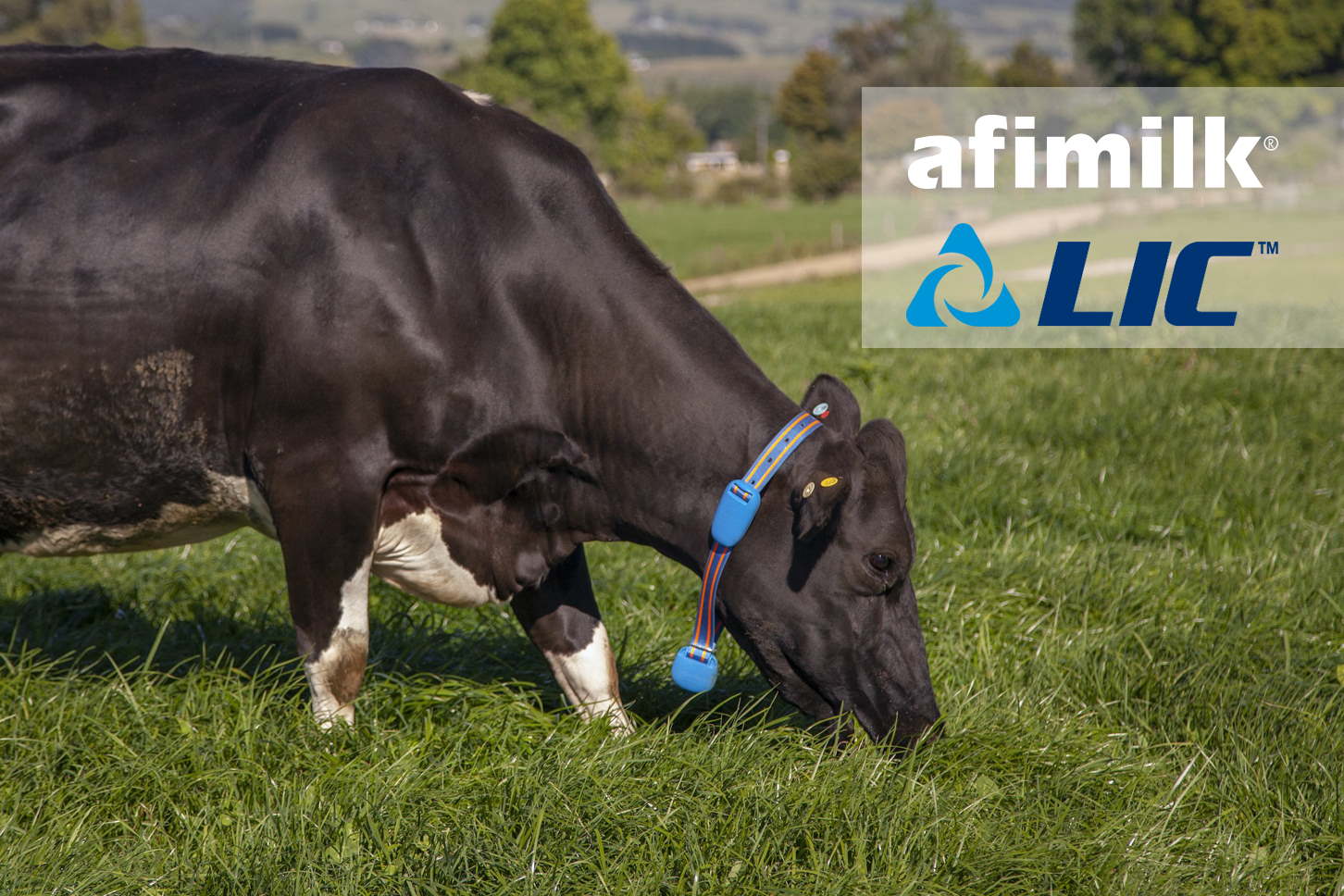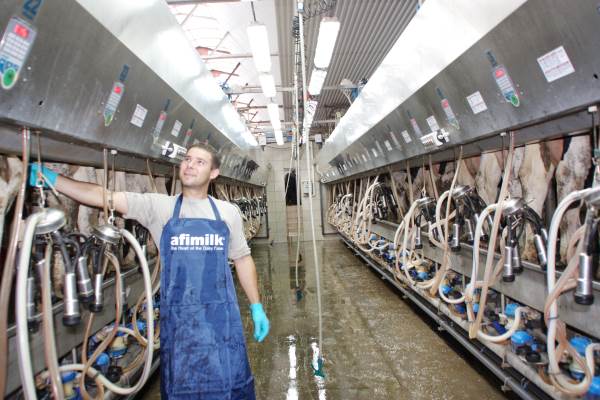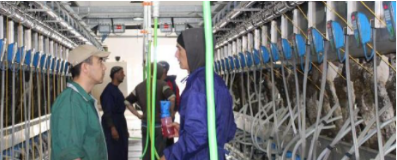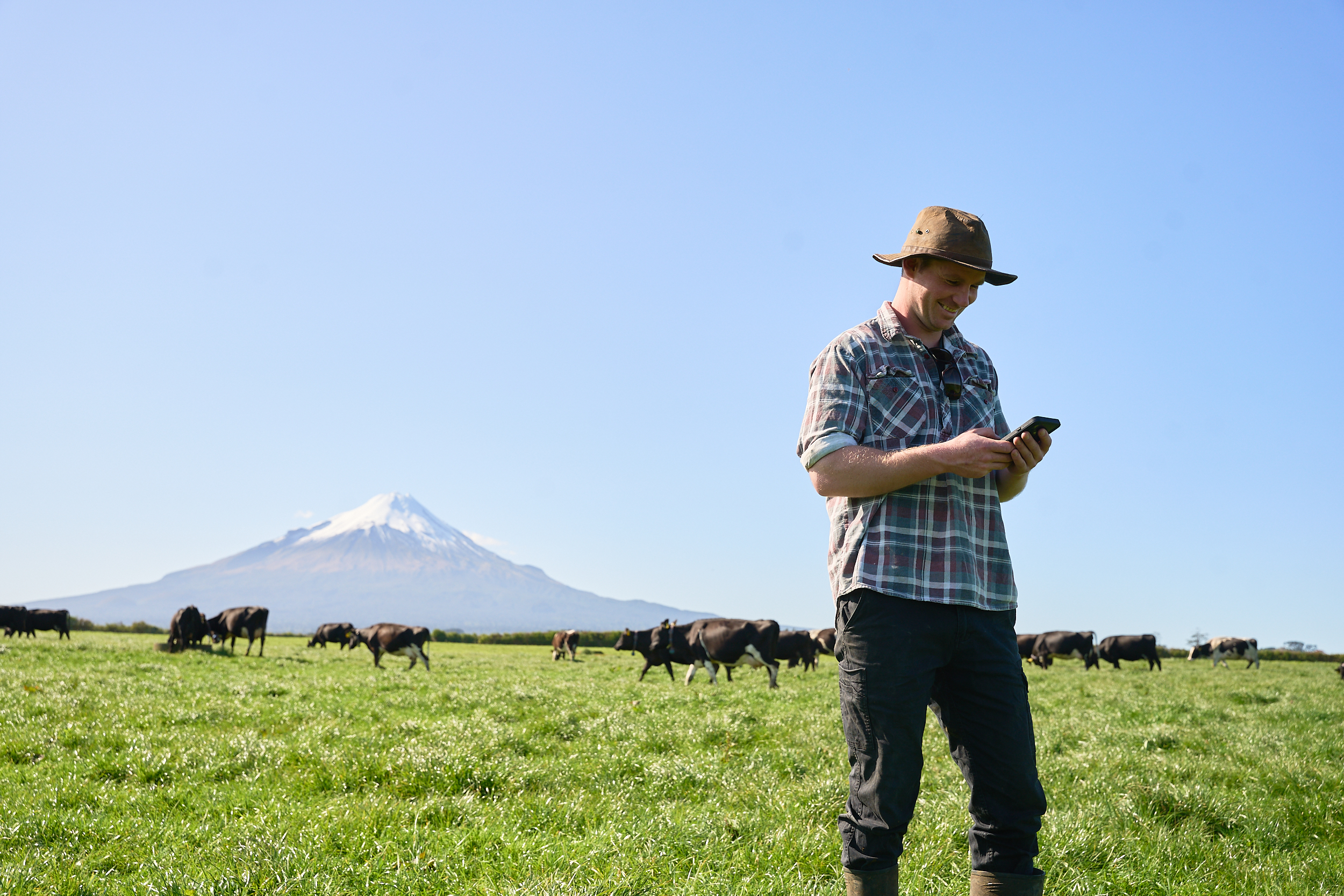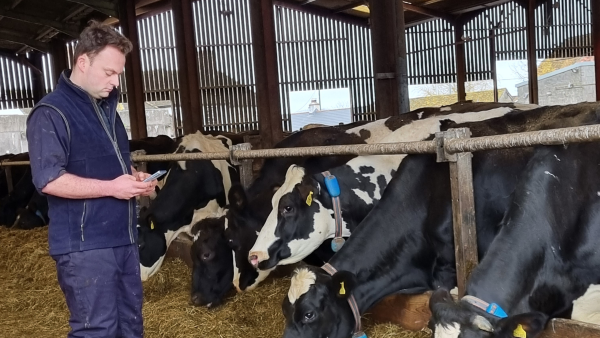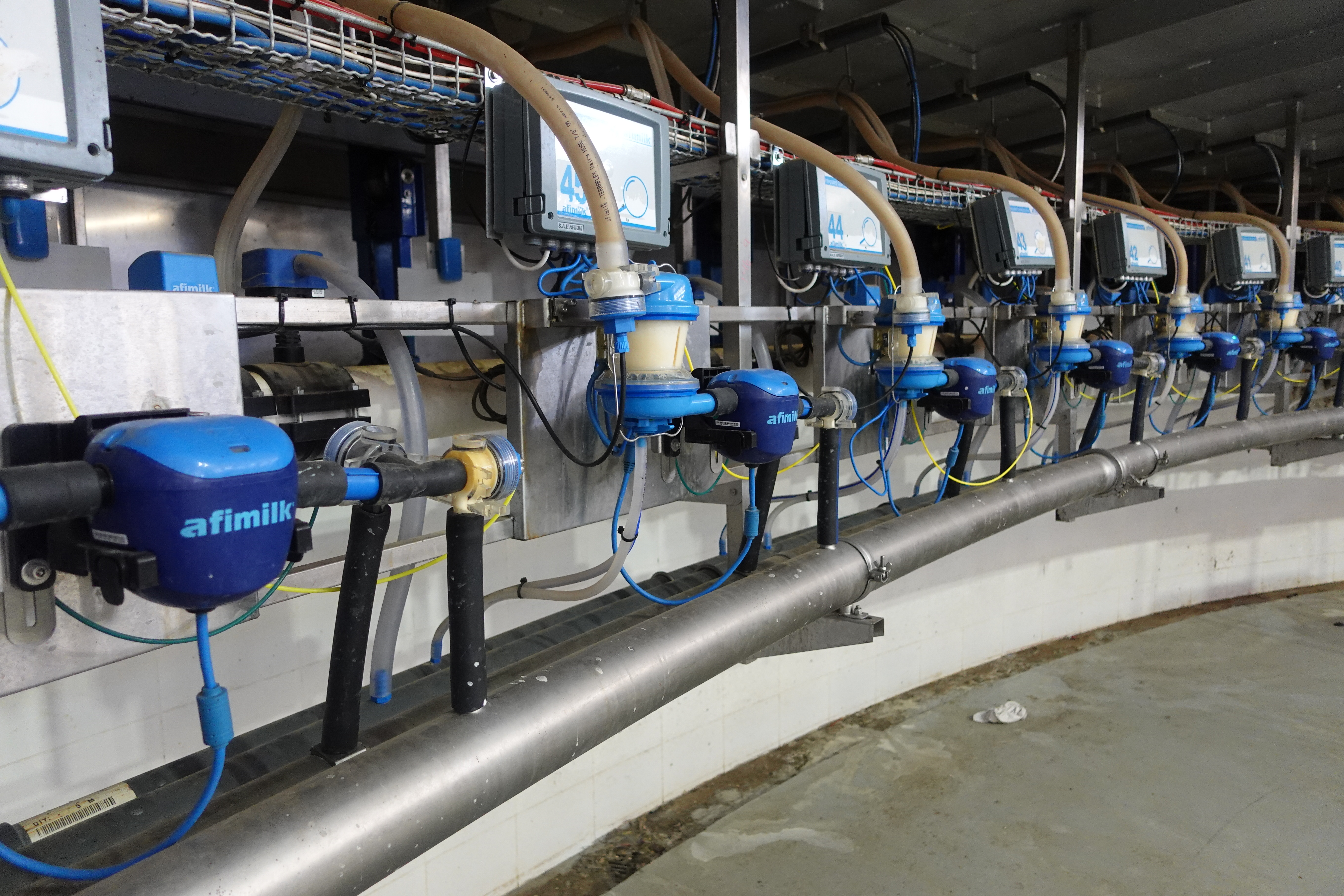Mastitis is a fact of life on dairy farms around the world – and a costly one at that. The annual cost of mastitis to the global dairy industry is estimated to be between $19.7B–32B, and exceeding $1B in the US alone. Left untreated, mastitis infections spread quickly through the herd affecting milk yield, the usability of the milk that has already been extracted, cow fertility, and more.
While the possibility of eradicating the disease entirely might be wishful thinking, farmers today can use dairy farming technologies to identify mastitis cases early and provide swift and effective treatment tailored to the underlying pathogens causing the disease. Ultimately, this will save farmers time and money, as applying the wrong treatment for the pathogen involved, will lead to ineffective results and give infections more time to spread.
The importance of early detection and treatment
As well as producing less milk than is optimal, mastitis on dairy farms can lead to further economic devastation. Milk from infected cows is contaminated by bacteria. If not detected in time, it might be inadvertently added to the main milk tanks and the entire supply will have to be discarded. Cows infected with mastitis have lowered genetic potential and decreased reproductive performance. Additionally, cows that do not respond to treatment might have to be culled. To avoid widespread economic harm, the best course of action is to detect and treat the disease before it spreads widely.
Thanks to technologies like Afimilk’s MPC milk meter, farmers can be alerted as soon as there is a mastitis infection in the herd. This is because the milk meter is continuously measuring milk yield, conductivity, and other variables. A cow with mastitis produces less milk than a healthy cow, and additionally, the milk shows an increase in conductivity. It is these predictable changes that allow for prompt and accurate detection of the disease.
All milking data collected by the MPC is passed to the AfiFarm farm management software, from where farmers can run reports and see exactly which cows are suspected to have mastitis. Collecting this kind of data is critical if treatment is to be provided as quickly as possible.
The right treatment for the right pathogen
Being alerted to the presence of infection is the first step; the second is finding out what bacteria caused the underlying infection so you can administer the most effective treatments. Mastitis can be caused by any of a host of different bacteria, and it is the nature of the underlying pathogen that determines the correct course of treatment.
The two main groups of bacteria responsible for mastitis are gram-positive and gram-negative. Within each of the above categories, there are many specific kinds of bacteria that might be involved; however, it is the broad category (positive or negative) that is most informative when it comes to finding the right treatment.
Environmental spread via gram-positive bacteria
Gram-positive bacteria, such as Staphylococcus, Lactococcus, Enterococcus and those bacteria from the Streptococcus group, are highly contagious and spreadable. Infection enters the udder from the environment and spreads cow-to-cow during milking via the milking machine or any other equipment used in handling the cows. Bacterial transfer can also occur from cow to cow if milk leakage occurs from the udder into the stall. Flies can also play a role in spreading this type of infection.
Environmental interventions and ensuring that hygiene protocols are in place can help reduce these infections from setting into a herd and spreading more widely. Specific actions that can be taken include providing cows with clean, dry areas to rest, disinfecting teats post-milking, cleaning and drying teats during cow prep. Infected cows should be segregated until the infection is clear. Antibiotics are often part of the treatment for gram-positive infections and cows usually respond well. In cases where the bacteria are resistant to the antibiotics used, cows may have to be culled as a last resort.
Insidious gram-negative bacteria
Unlike their highly contagious counterparts, gram-negative bacteria can co-exist with cows and cause very little trouble (until they do!) Gram-negative bacteria such as the infamous Escherichia coli (e-coli) and Klebsiella can live dormant in a cow’s udder without causing acute mastitis. Over time, however, an acute situation can develop. Unless farmers are using technologies to constantly monitor milk for the presence of infection, they may not notice a gram-negative mastitis outbreak until it has escalated and affected many cows.
Gram-negative bacteria can be harder to treat than gram-positive because they are often resistant to commonly used antibiotics. For example, Strep agalactiae responds well to treatment, but S. aureus and Mycoplasma do not respond well to treatment. It can take some trial and error to find the right antibiotic. As in the case of gram-positive infections, infected cows must be segregated and milked last so they don’t contaminate the milking equipment and the tank. Culling remains the final option in severe cases.
Identifying pathogens
Studies show that using an on-farm culture system to guide strategic treatment decisions in cows with clinical mastitis can lead to more effective treatment of mastitis outbreaks. As opposed to the traditional diagnostic method of sending milk samples to a lab and waiting for the results, the newer and more efficient approach to testing for mastitis involves using test strips that provide same-day results. There are several companies offering this type of service.
By using a system such as Afimilk’s MPC milk meter to detect mastitis alongside on-site testing/ diagnosis and accurate record-keeping via a farm management system like AfiFarm, farmers can informed decisions regarding the treatments most likely to succeed.
Treating each outbreak of mastitis in a manner that is appropriate for the pathogen involved, will bring fast and effective results in most cases.
Accurate record-keeping with Afimilk
Farmers using the AfiFarm and other dairy farming technologies from Afimilk will be able to keep accurate records of mastitis outbreaks that can help them handle infections more efficiently.
The Udder health report within Afimilk displays the details of all cows diagnosed with clinical mastitis within a certain time frame. Alongside each entry, farmers can then record the results of diagnostic tests (i.e., which pathogens were involved) and any treatments administered.
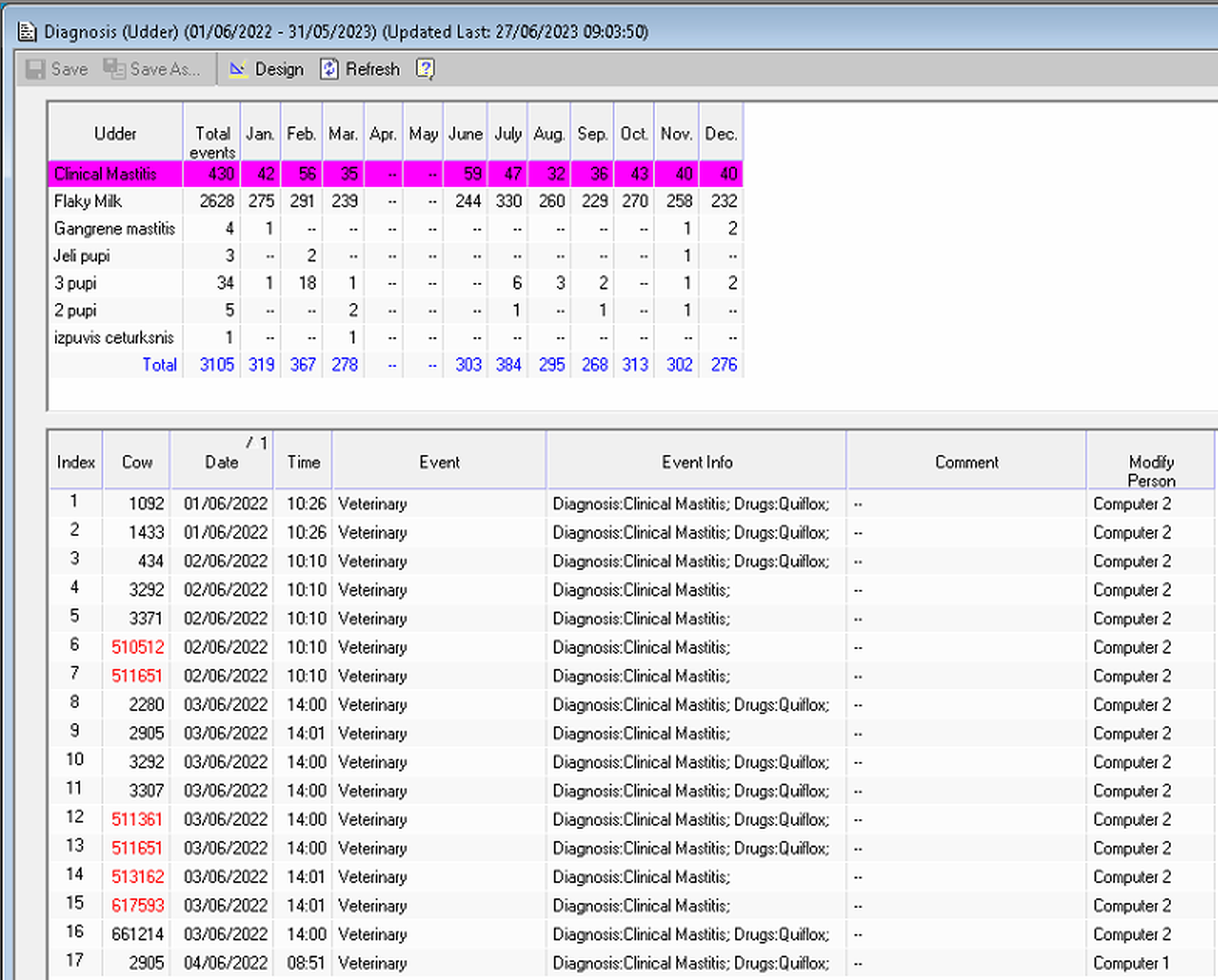
Image title: A summary report of Udder health events. The above list indicates cows diagnosed with clinical mastitis on one farm
Most importantly, when farmers start recording mastitis information accurately, they can run reports and see how levels of mastitis on their farm compare to industry norms. This can help them decide if and when treatment is needed:
- 2.5 cases of mastitis per 100 cows per month is considered normal.
- 3 events and above of mastitis per 100 cows per month show you have a potential health situation and you need to take action.
Additionally, farmers will be able to review these reports periodically with a view towards:
Tracking trends over time.
Reviewing the cause of different outbreaks.
Identifying cows with particular susceptibility to illness.
Outsmarting Mastitis
Mastitis is infectious, often fast-spreading and has devastating impacts on your cow population and profits. Alongside any diagnostic tools used, keeping accurate and detailed records about the nature and cause of any mastitis outbreaks on your dairy farm will help you provide effective treatments in a timely manner. It will also help you understand how your farm compares to industry norms and decide whether you need to change your milking protocol or improve general hygiene.

